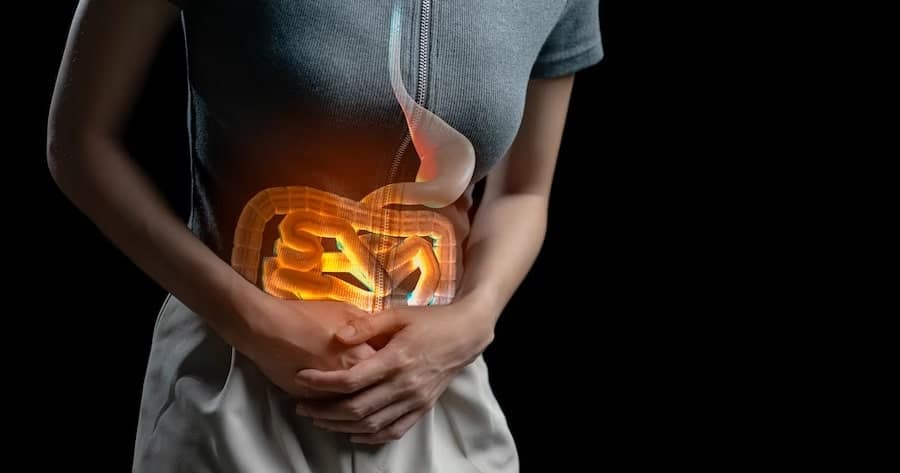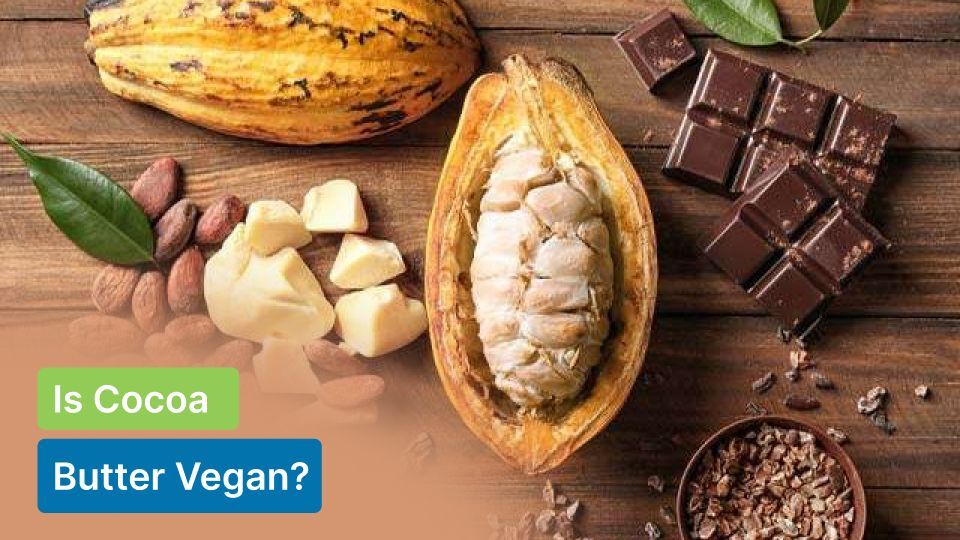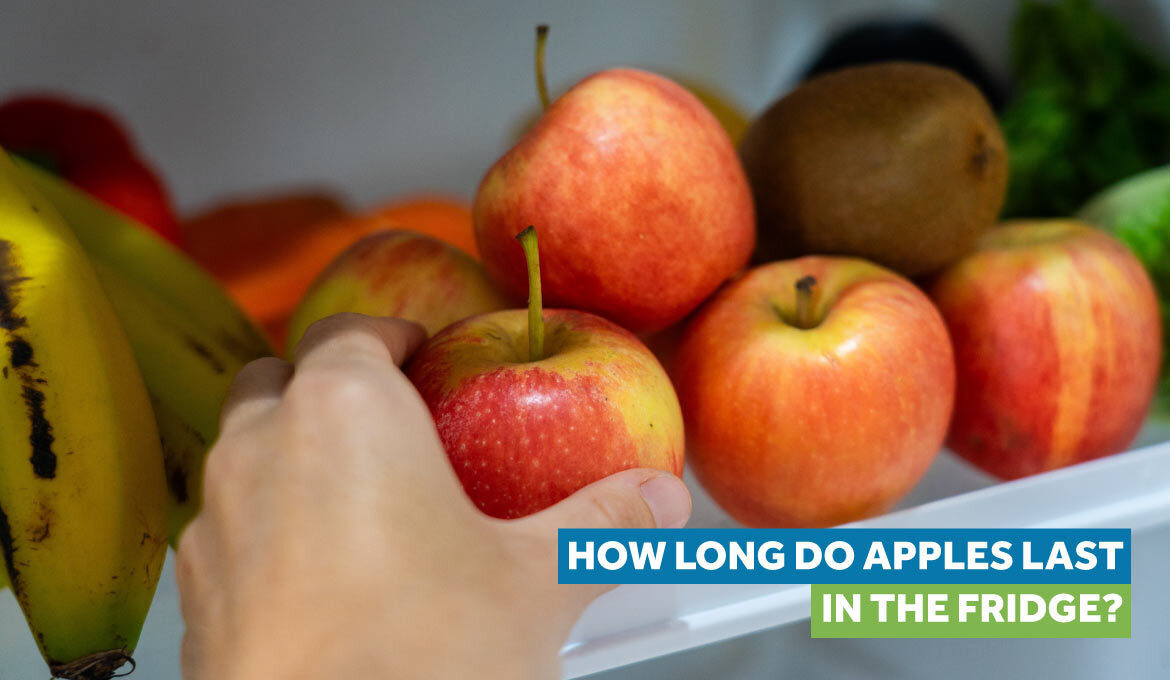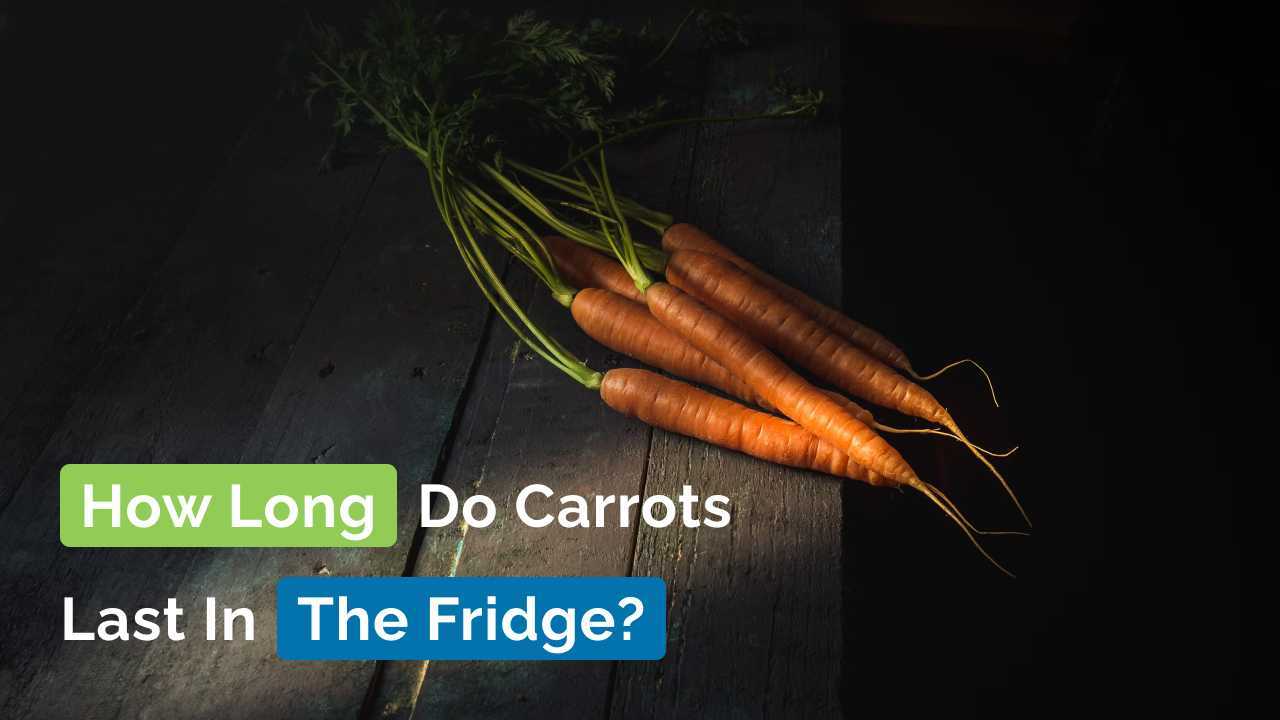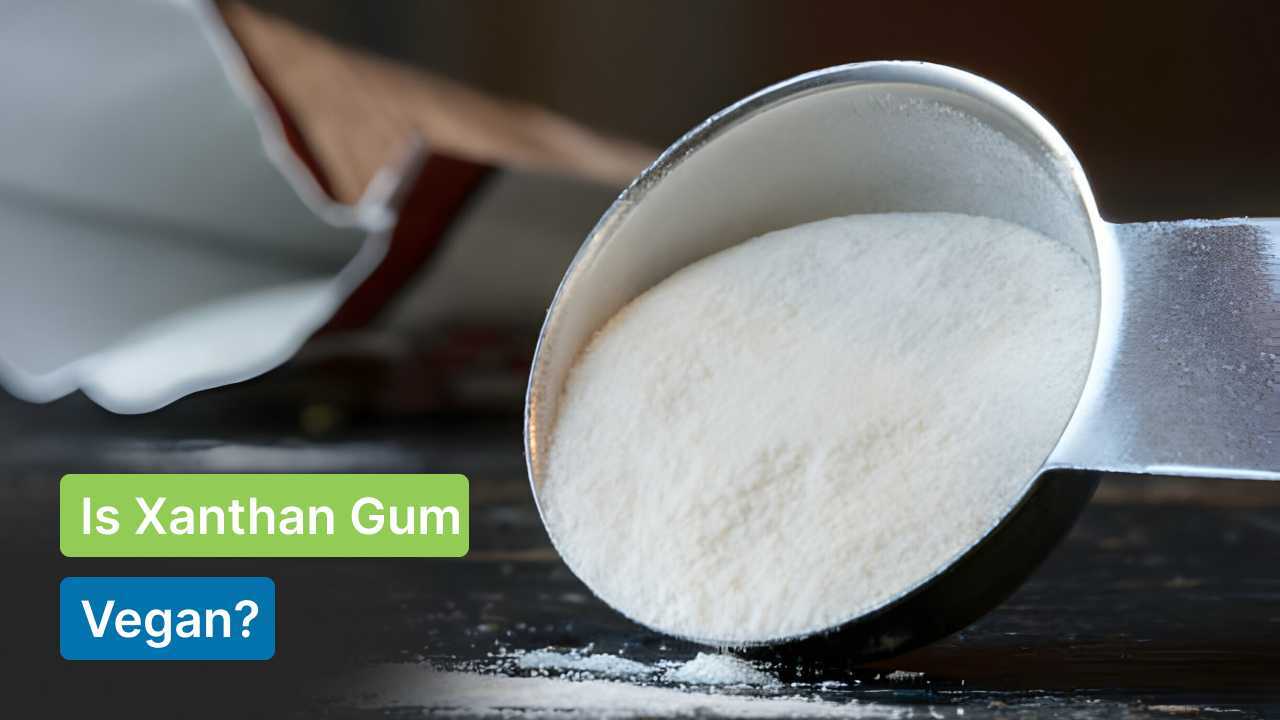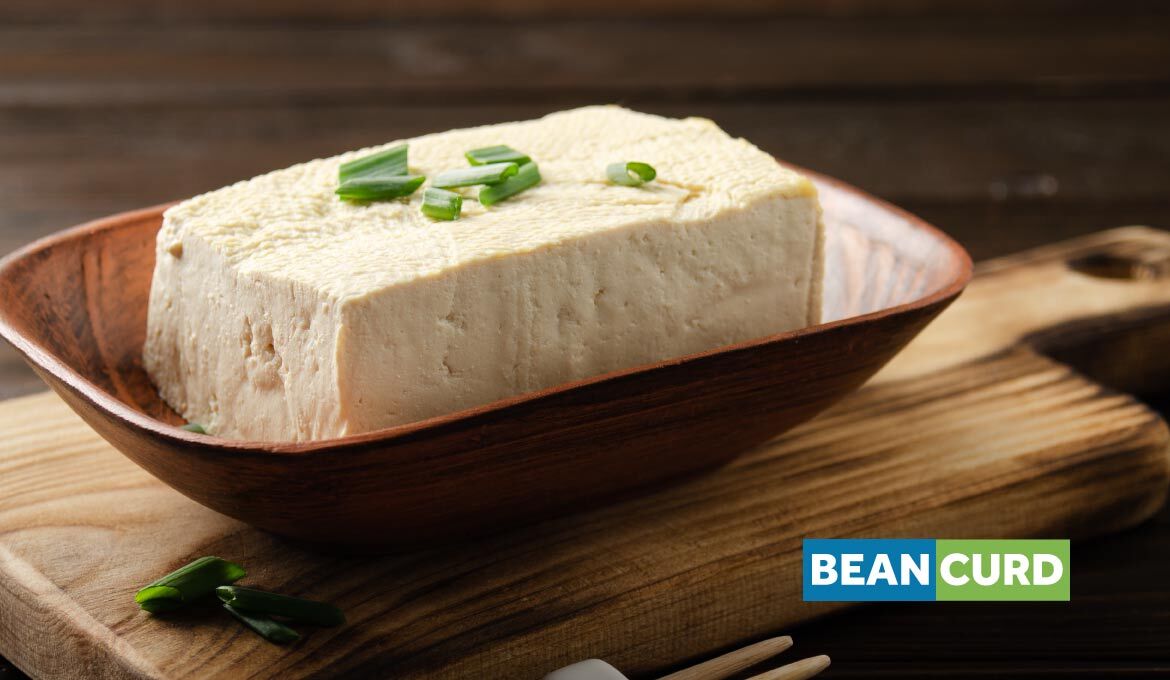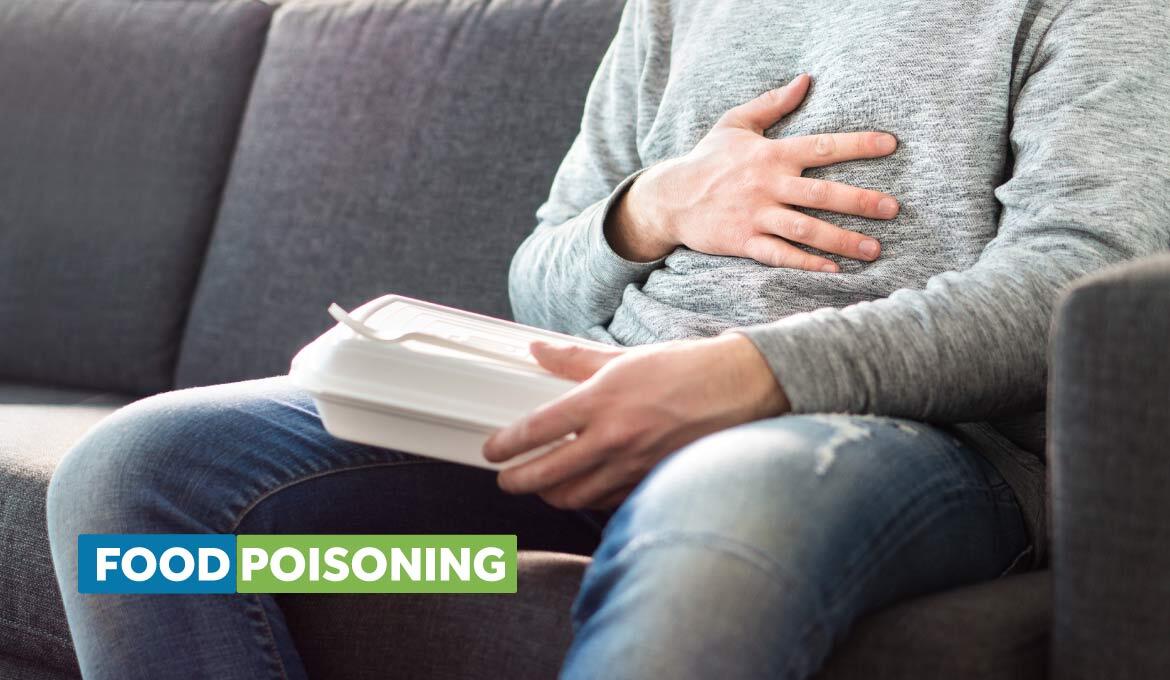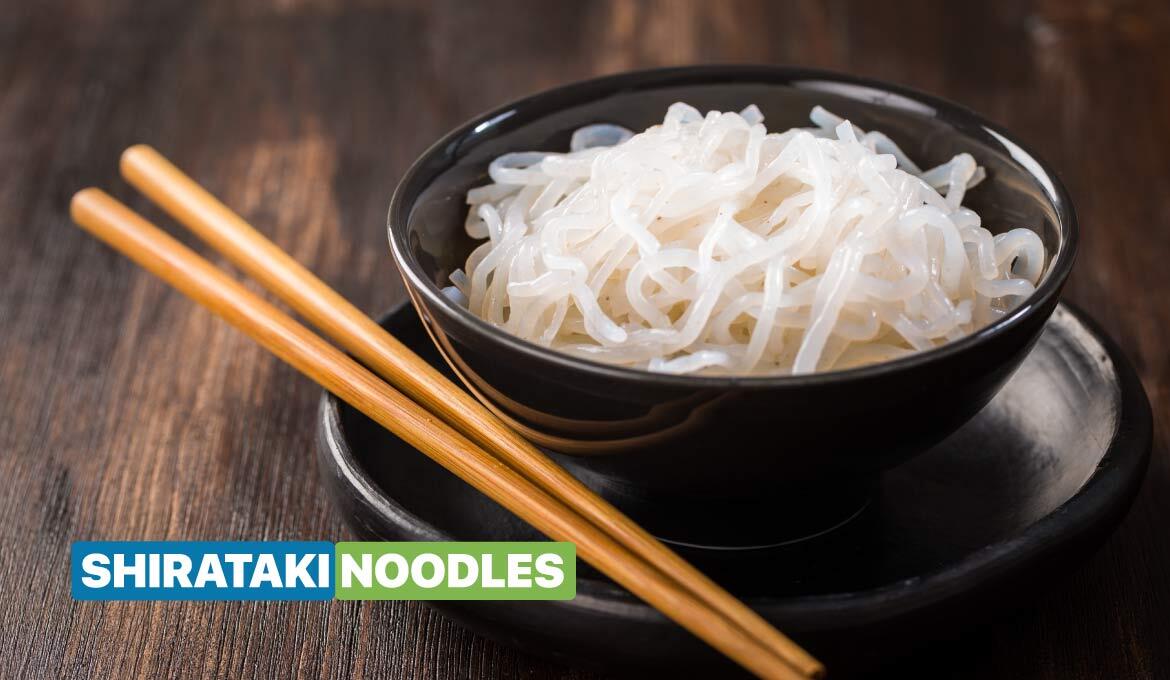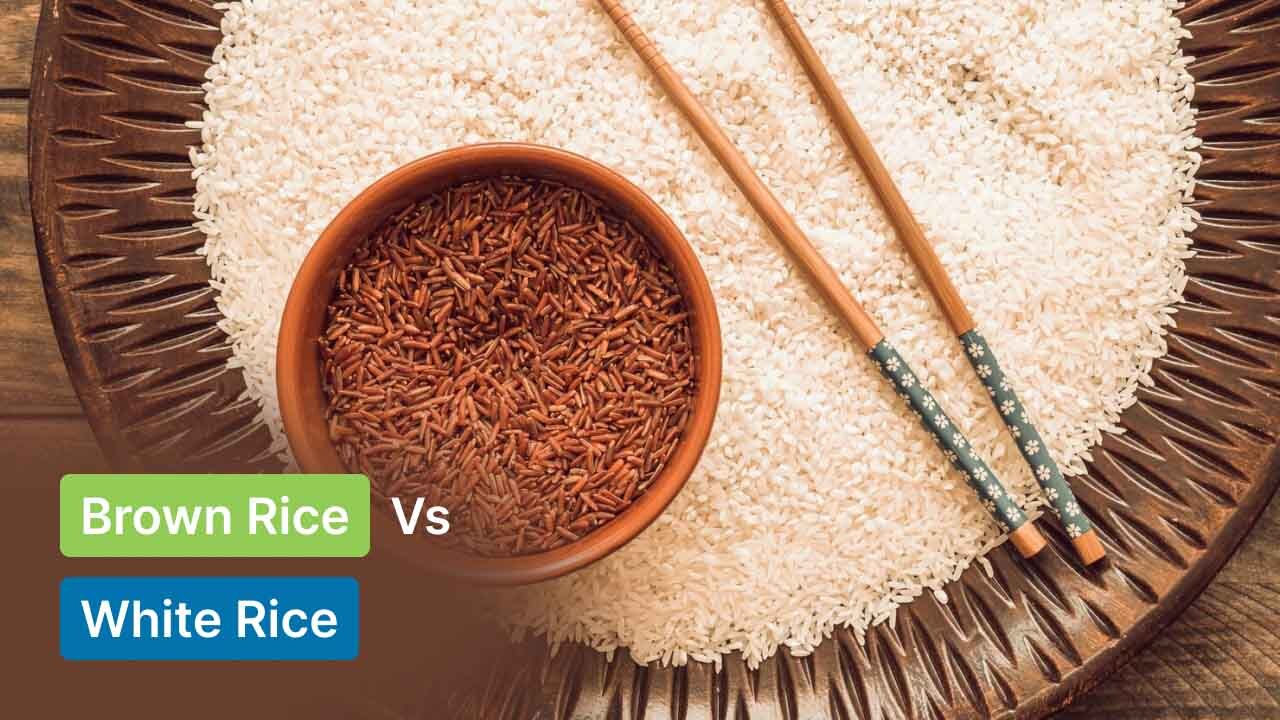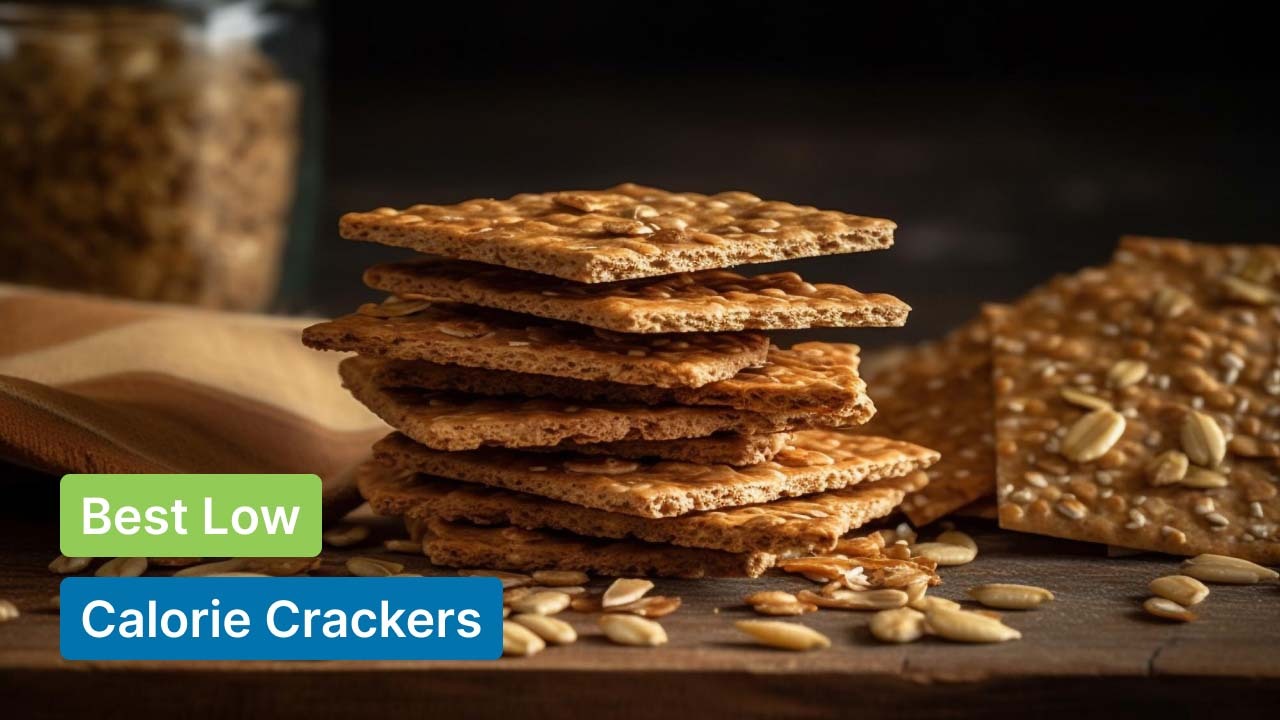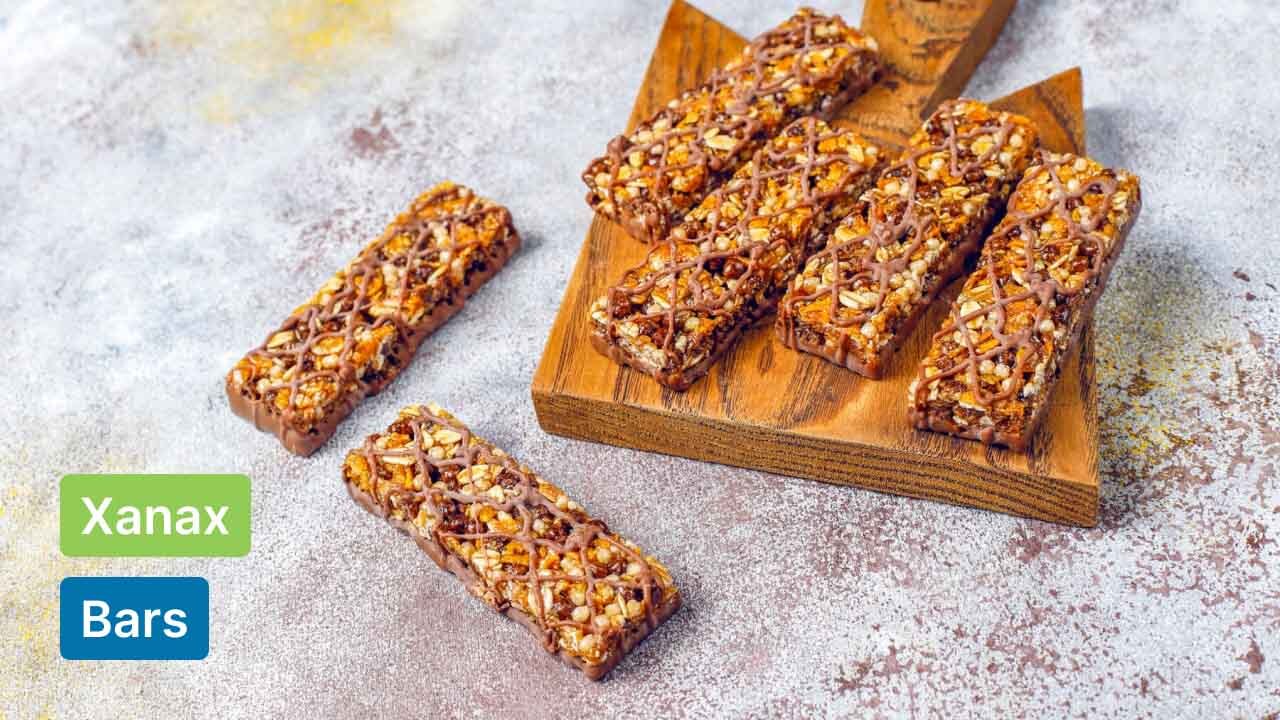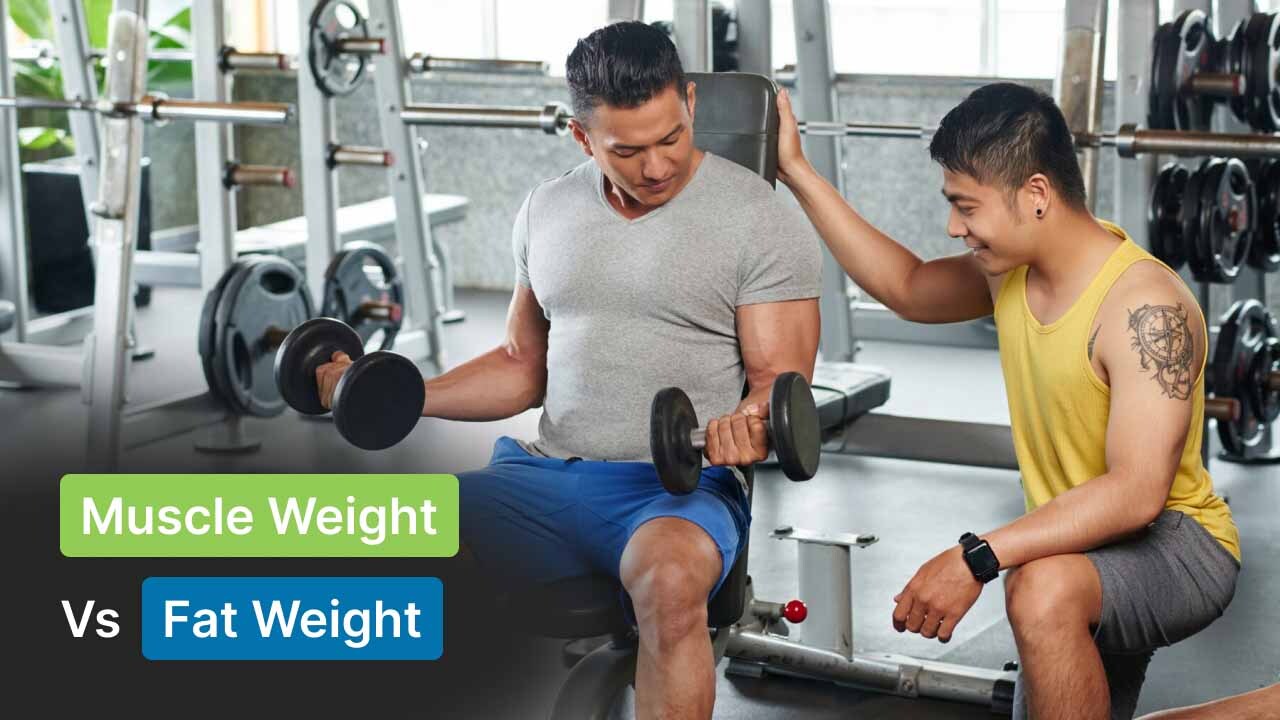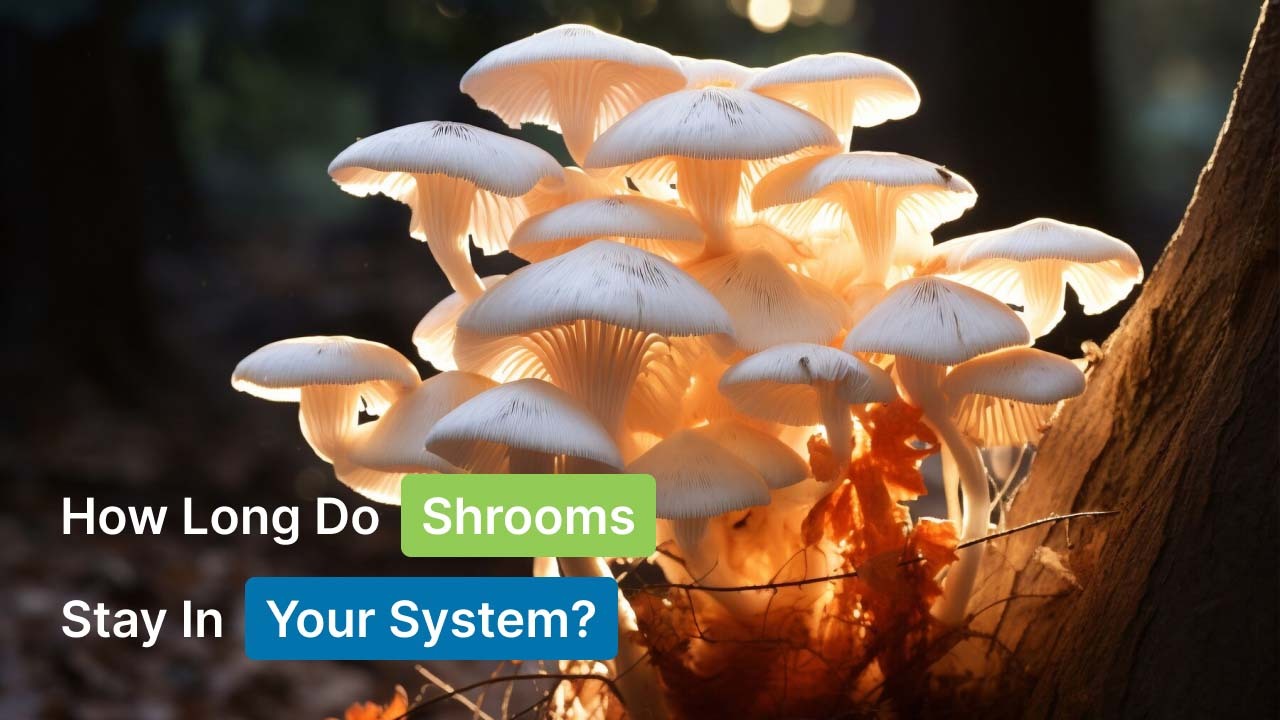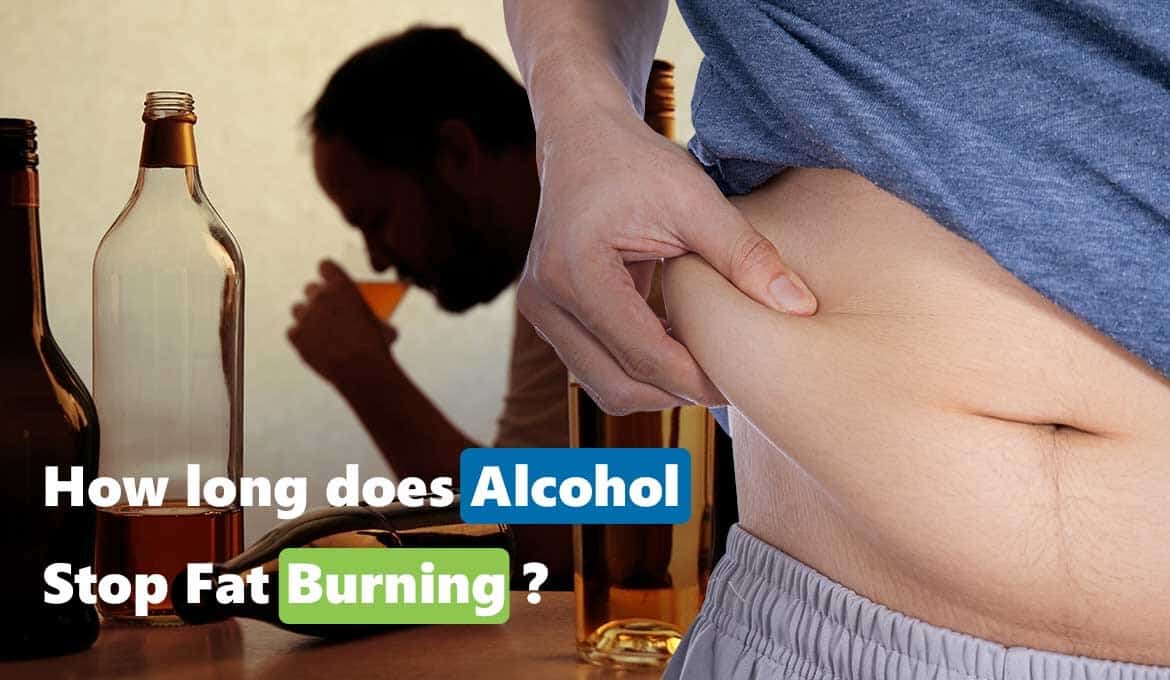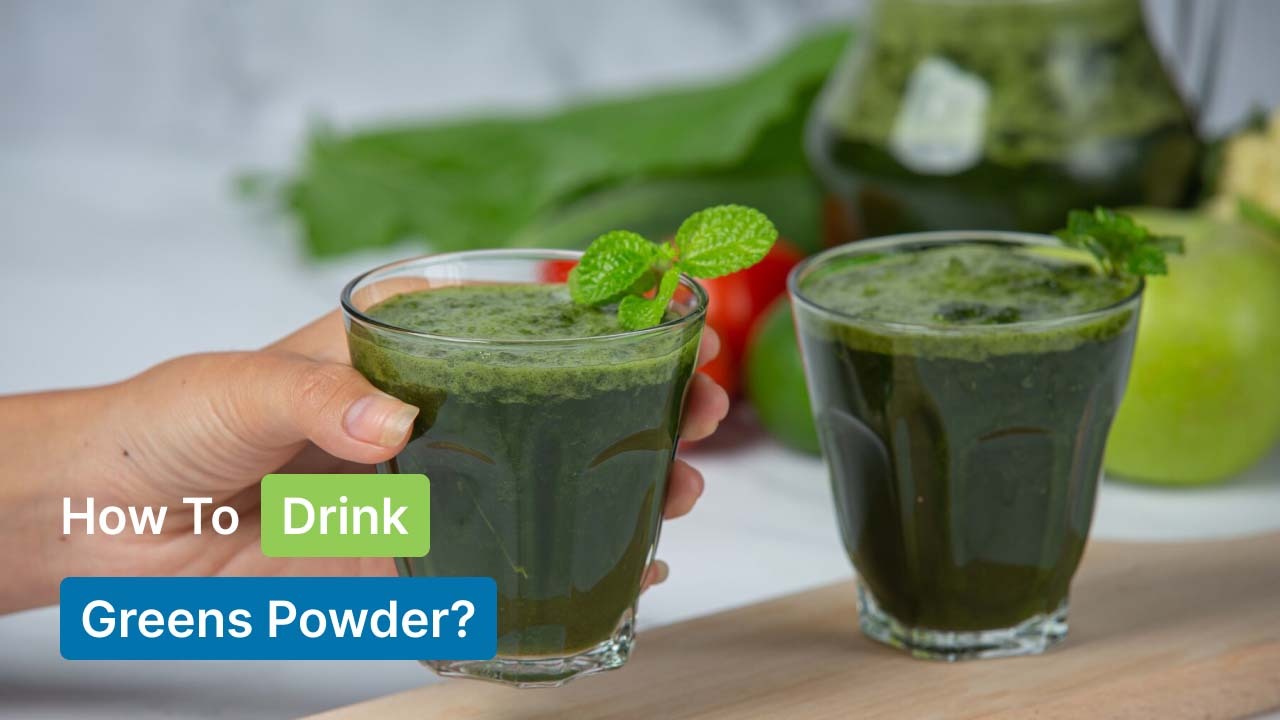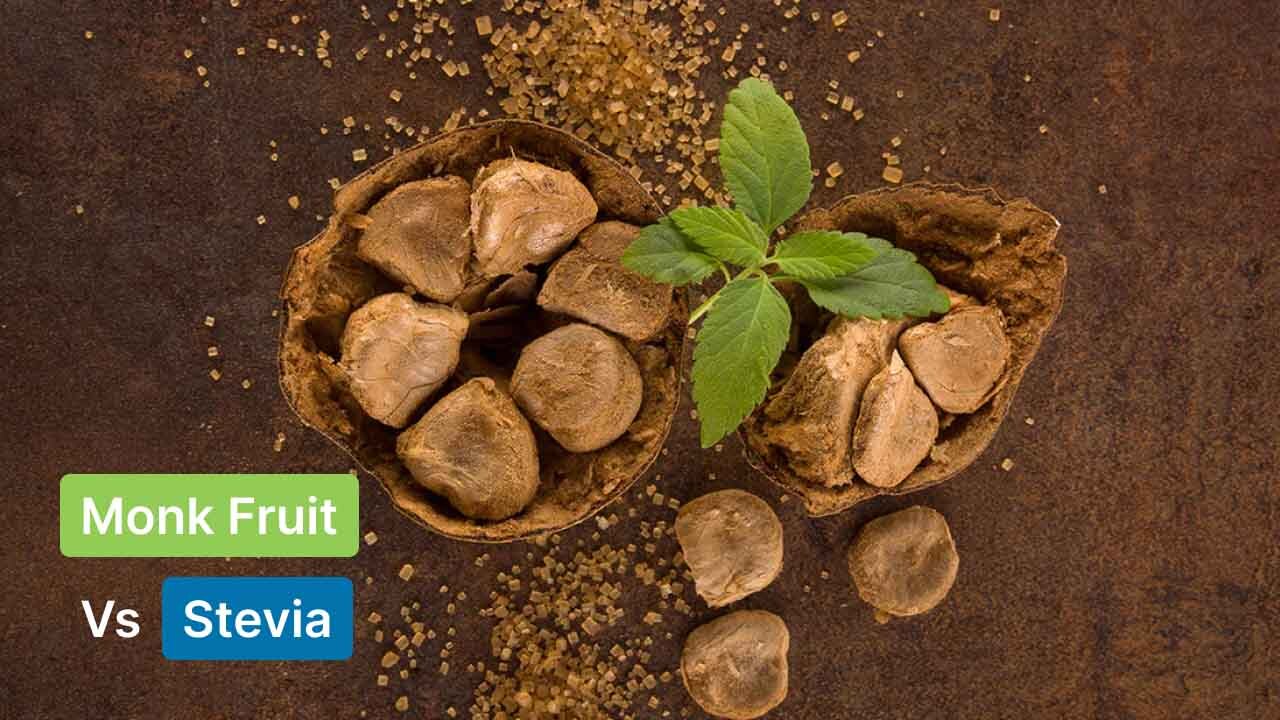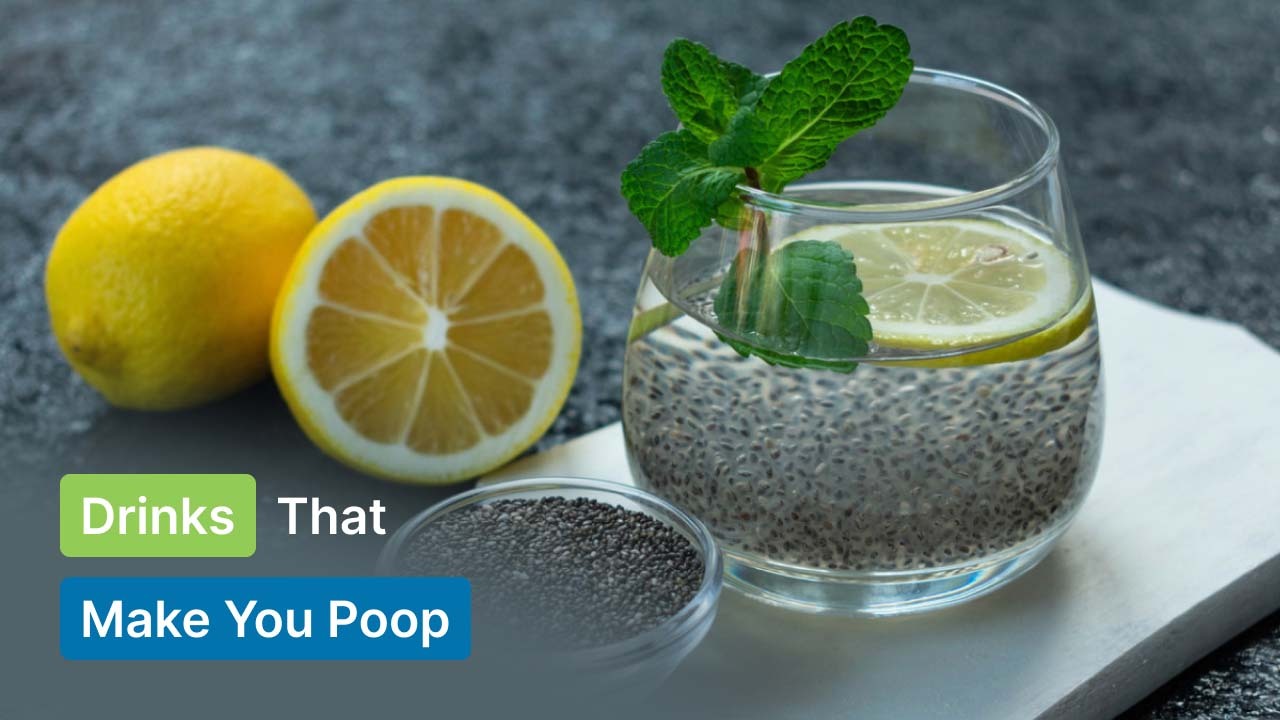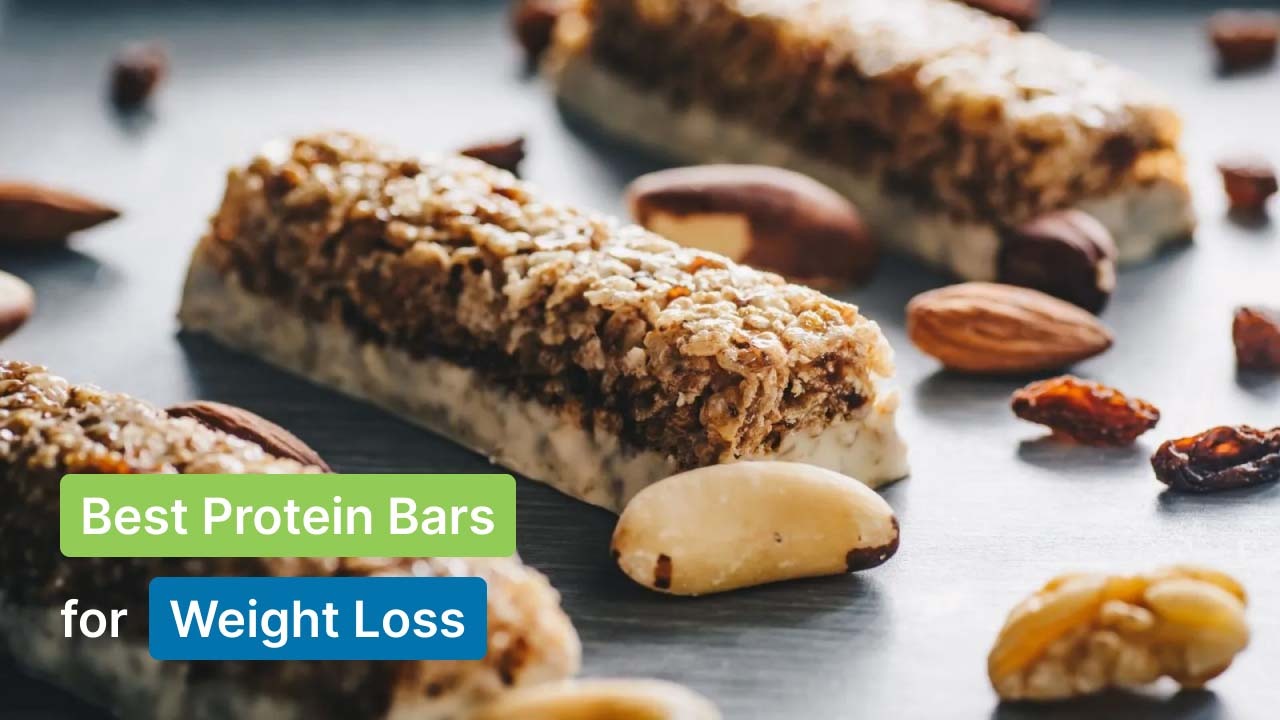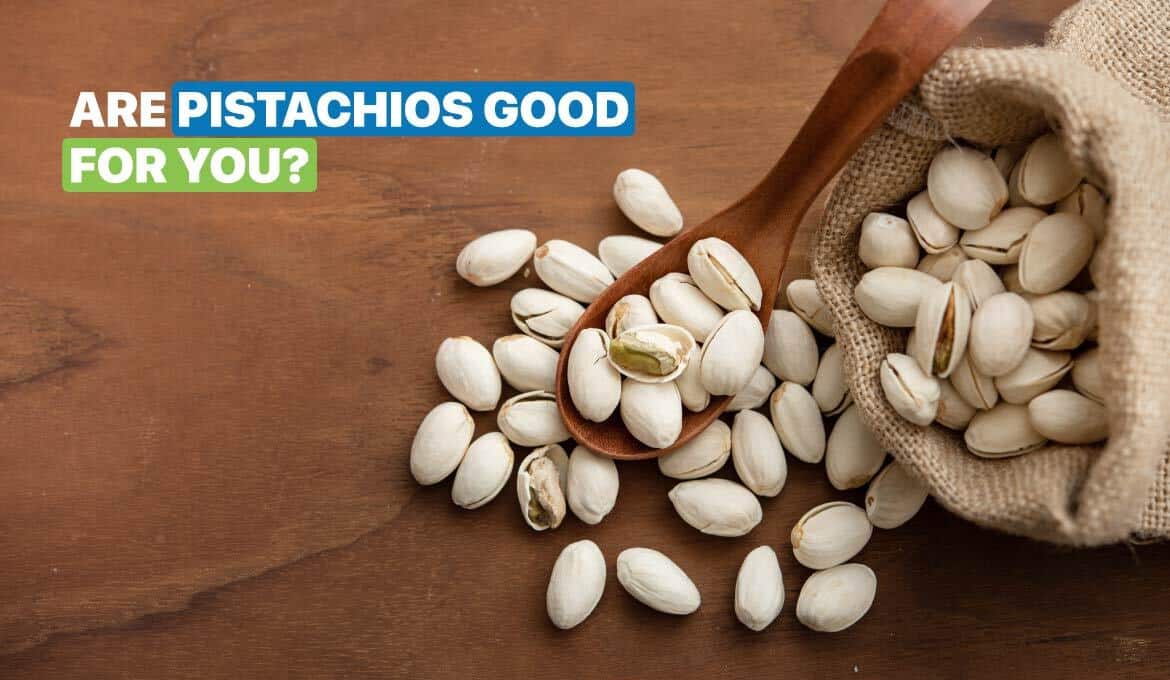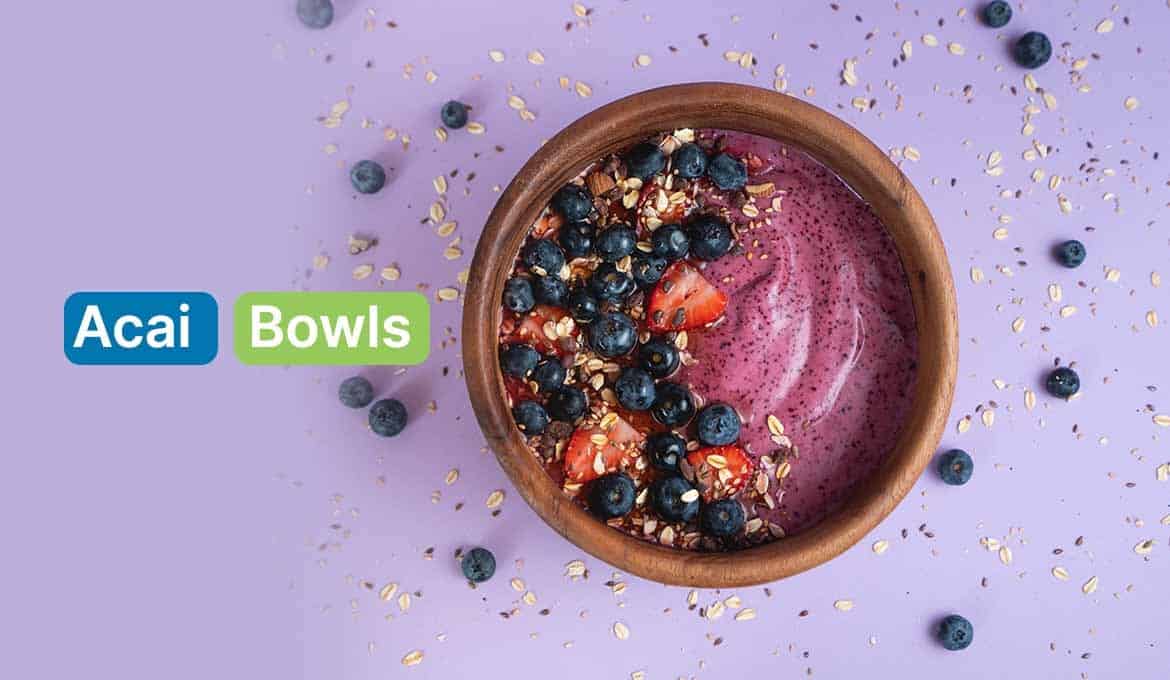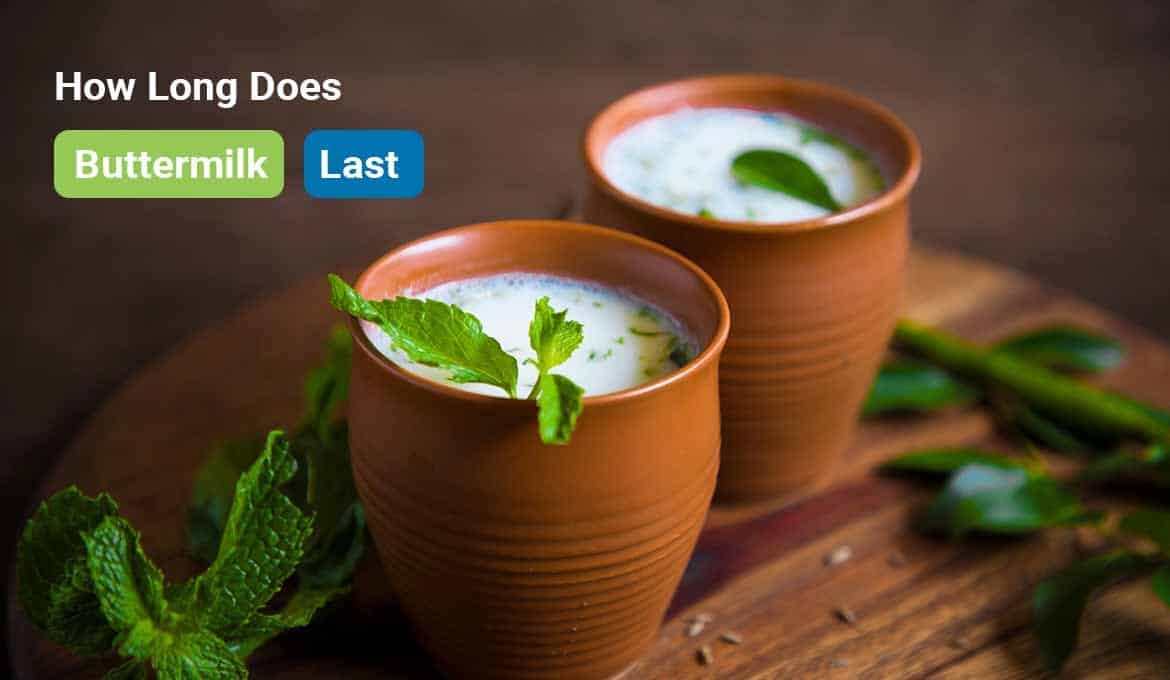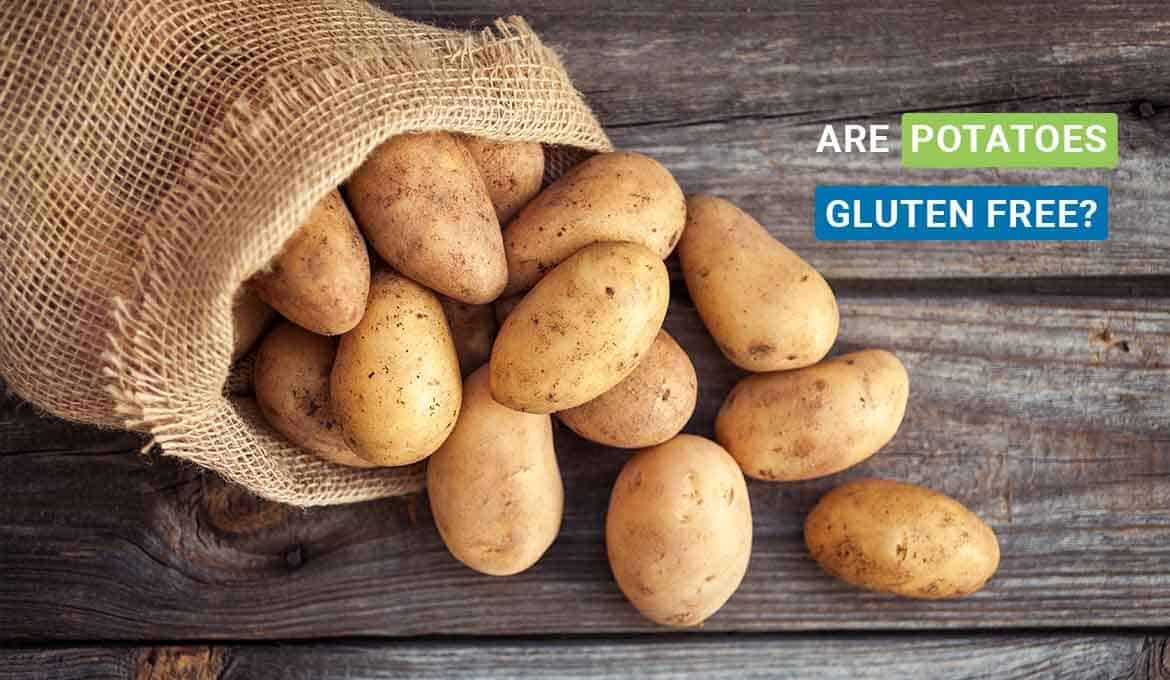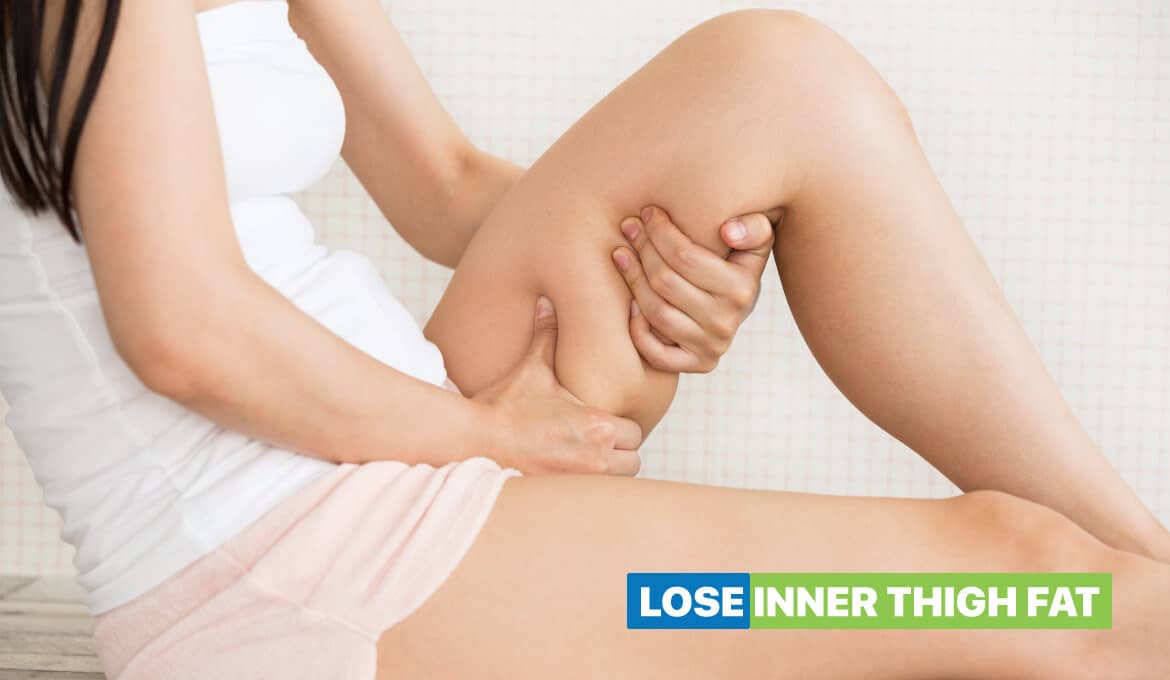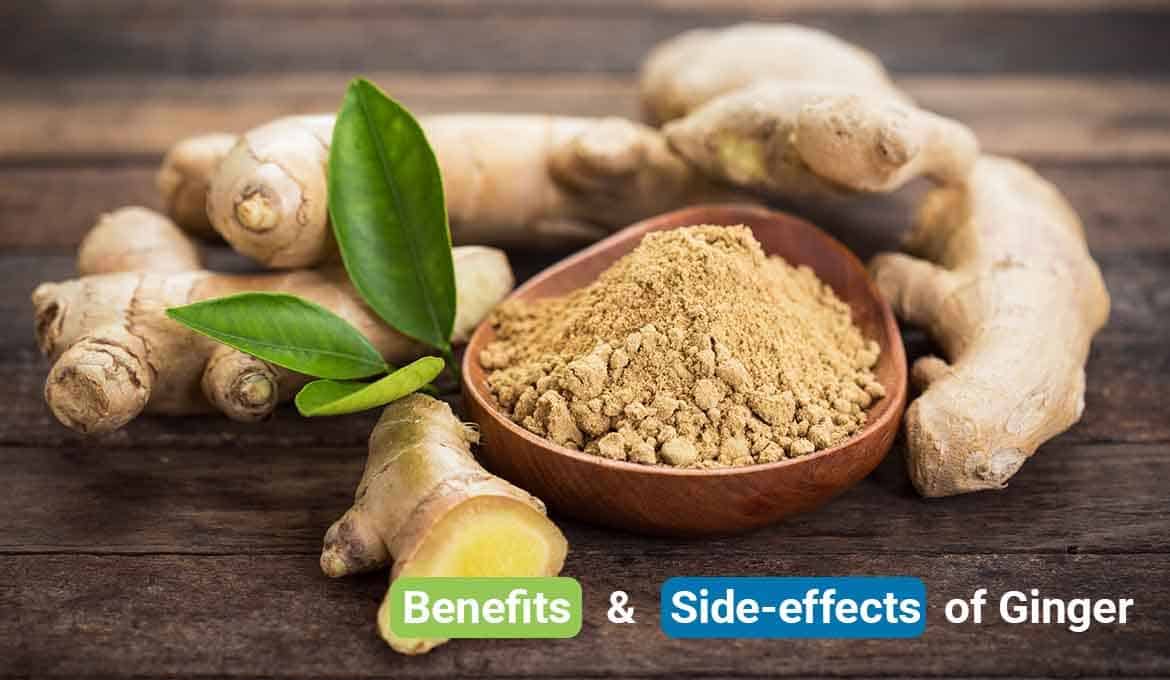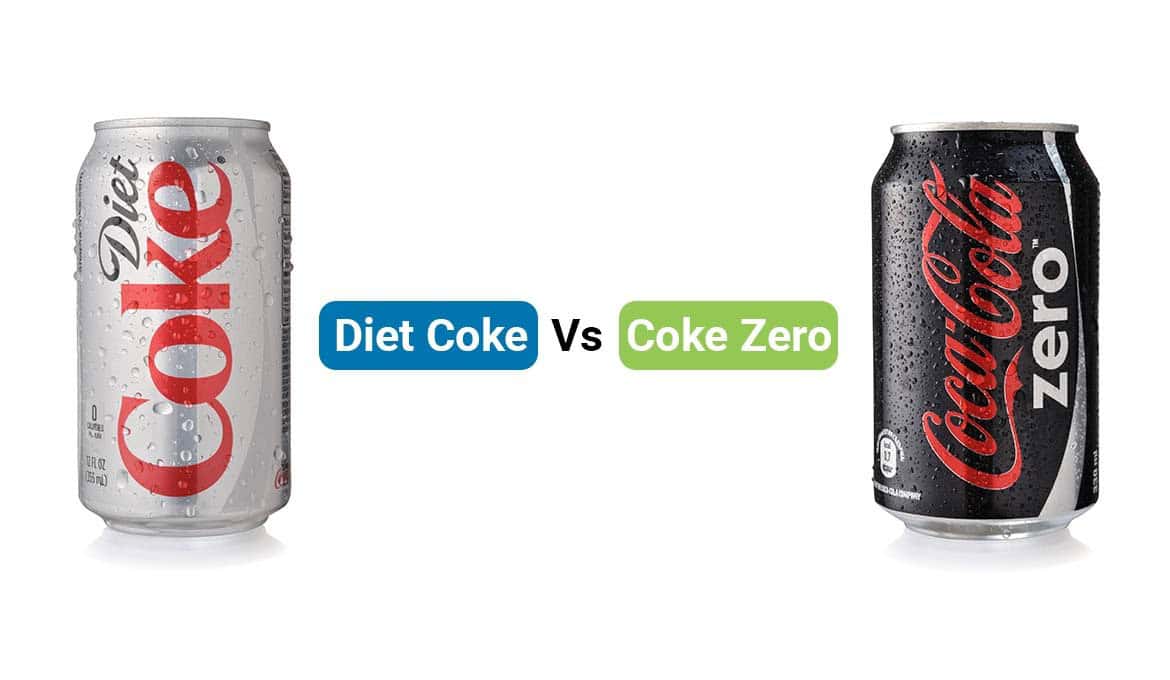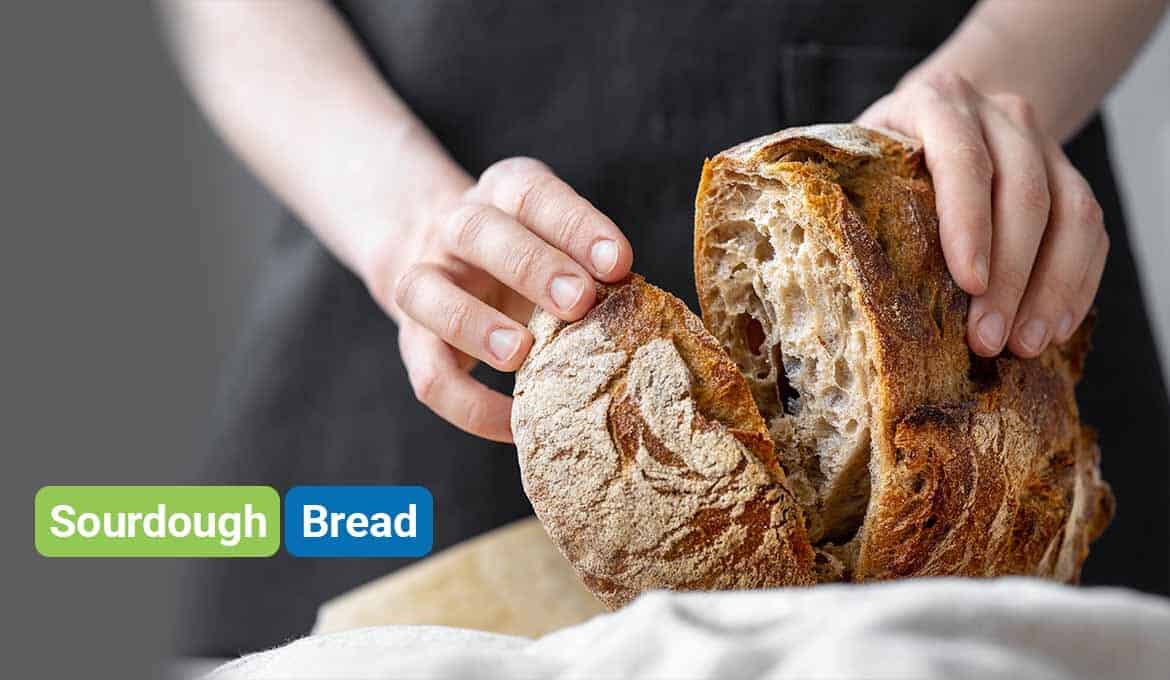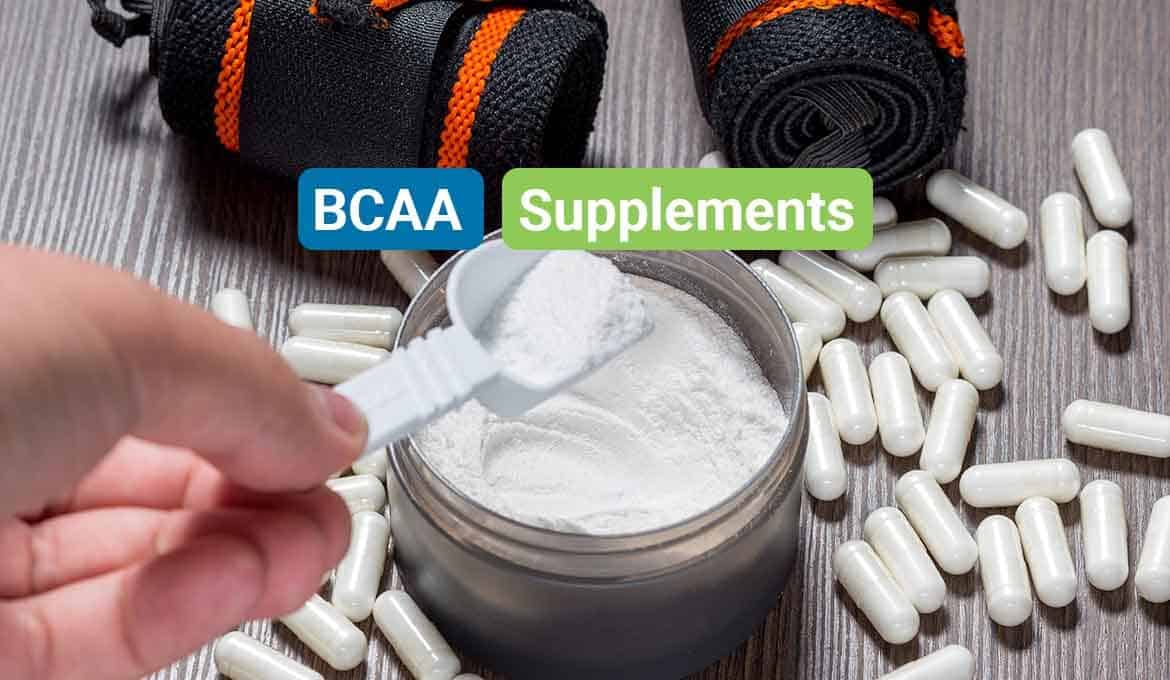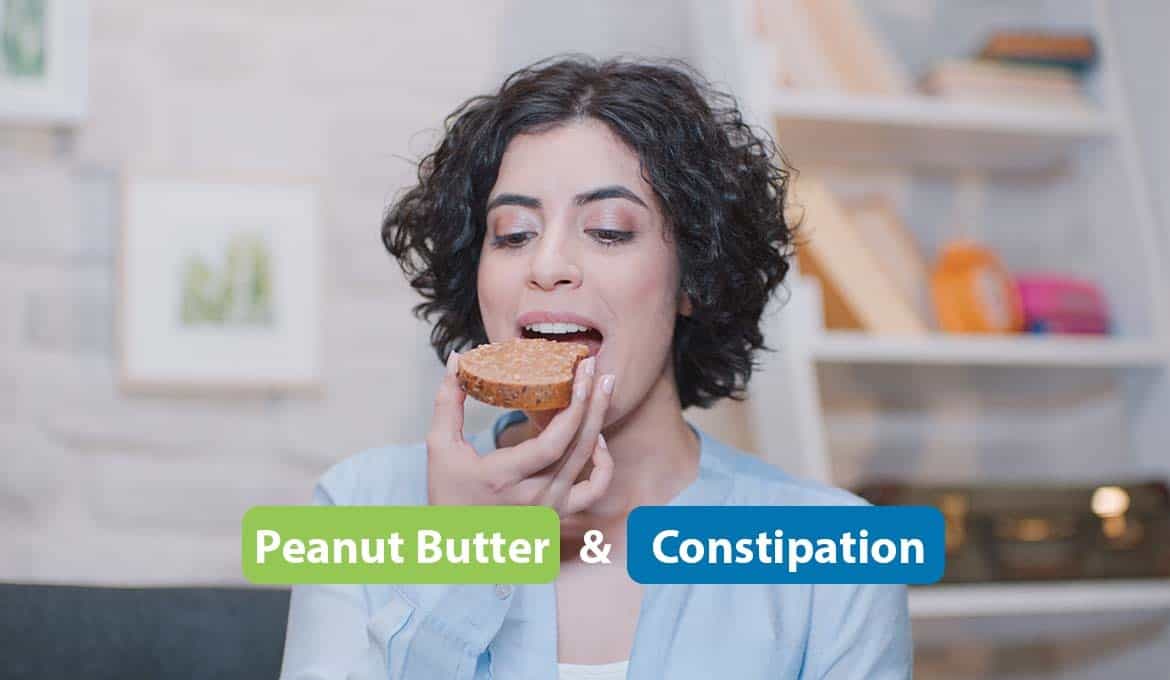
A diet rich in fiber is important to keep the digestive system healthy. Fiber makes bowel movement bigger and bulkier.
With high-fibrous food and low carbs, if you do not drink enough water, then it might have the opposite effect and can lead to constipation.
As the very source of dietary fiber, peanut butter does not cause constipation; instead, the fiber it contains actually helps relieve the constipation. Fibers are essential to normalize a person's bowel movement.
However, bowel movement is affected by various factors like hydration levels and regular diet, besides the type of peanut butter consumed.
Constipation is a gastrointestinal disorder that is common among people of all age groups. People with constipation have infrequent bowel movements that are difficult to pass.
They might also feel that they have not fully emptied their bowel after the bowel movement. In the United States, it is affecting around 16% of adults and 33% of those ages 60 years or older.
Constipation is caused due to diet, lifestyle, medical conditions, certain drugs, or supplements.
This blog article will discover the possible connection between peanut butter and constipation, its effects, and its benefits.
What is peanut butter?
Peanut butter is a spread made from ground, dry-roasted peanuts. It also contains common ingredients that add to the taste and texture, such as salt, sweeteners, or emulsifiers.
Peanut butter is consumed in many countries and is the most widely consumed nut butter.
Also, it contains high levels of protein, vitamins, and dietary minerals. It is typically used as spread on toast, bread, or crackers and also used in making sandwiches.
The connection between peanut butter and constipation
Constipation is a common problem, affecting 10 to 15 percent of the population worldwide.
It causes irregular bowel movements, stringent passing of hard feces, and a feeling of an unemptied bowel.
Peanuts and Peanut butter are sources of both soluble and insoluble fiber foods that improve regular bowel movement and constipation.
Two tablespoons of peanut butter(32g), which contain 3 grams of fiber, are equivalent to 10 percent of your daily fiber requirement.
Constipation is often caused by a low-fiber diet, so peanut butter is unlikely to cause constipation as it is an adequate source of fiber that prevents or relieves constipation.
What causes constipation?
Although peanut butter doesn't cause constipation, there are other potential reasons why someone may be constipated when peanut butter is included in their regular diet.
Here are some of the reasons why someone may be constipated:
i). Low fiber intake
A low-fiber diet is often linked with constipation in people. When it comes to peanut butter, not all varieties of peanut butter are the same.
Some popular peanut butter is highly processed and contains added sugar and hydrogenated oils, which are not healthy to consume.
However, Consuming food rich in fiber, such as fruits, whole grains, legumes, and nuts, is one of the first-line treatments for severe constipation.
Therefore, choose high-fiber peanut butter rather than highly processed ones. Look for brands that only use peanuts in their ingredients.
Ensure that you check the nutrient label to check whether your peanut butter contains enough fiber.
ii). Poor water intake
Water plays an essential role in stool production. A study suggests that lower fluid intake can cause constipation in children and adolescents. Therefore include fluids in your diet and drink adequate amounts of water to avoid constipation.
iii). Peanut intolerance
Peanut allergy is a common food allergy. However, not everyone who is allergic to peanuts will have an anaphylaxis reaction. Some people may normally have an intolerance.
A food allergy can be life-threatening, whereas intolerance may cause digestive problems without affecting the immune system.
Therefore, someone with peanut intolerance might experience stomach aches, nausea, diarrhea, or constipation.
However, if you feel you are allergic to peanuts or peanut butter it's advisable to consult your doctor to avoid any risk.
Treatment for constipation
There are some important treatments for constipation and these are discussed below:
a). Change your diet plan
Making changes in your diet can help you improve your bowel movement. Take high-fiber food and drink lots of water as well as other liquids to ease your constipation.
High-fiber food includes:
- Walnuts, pecans, and almonds
- Beans and lentils
- Oats
- Whole grain
- Fibrous vegetables (broccoli, carrots, and leafy greens)
- Brown rice
Additionally, it is advisable to avoid food that can worsen constipation, Such as:
- Meat
- Low-fiber snacks
- Boxed and frozen meals
- Processed food
- Fast food
b). Physical activity
Getting regular exercise or involving yourself in some physical activity can help you relieve the symptoms.
c). Bowel training
Bowel training is a program for people who have chronic constipation or someone with infrequent bowel movements. During bowel training, you will need to go to the bathroom every day to train your body to have a regular bowel movement.
Therefore, set a time according to your convenience for successful bowel training. After some weeks, you will have bowel movements every day around the same time.
d). Colon massage
People whose constipation is caused by to slow movement of stool can manually massage the colon to ease the bowel movement.
e). Medication
If you're suffering from severe constipation, then the doctor will prescribe medication such as Lubiprostone (Amitiza), Linaclotide (Linzess), and Plecanatide (Trulance) which increases the water into your intestine speeding up the stool movement.
Substitutes for peanut butter
If you are allergic to peanuts or feel that it might lead to constipation, you can consume alternate nut butter.
Here are some alternatives for peanut butter
- Cashew nut butter
- Almond butter
- Sunflower seeds butter
- Soy butter
Conclusion
Peanut butter contains high levels of fiber and it doesn’t cause constipation, instead, it relieves it. A low-fiber diet and lack of water intake can potentially lead to constipation.
However, if you feel that peanut butter leads to constipation, you can find a replacement for peanut butter and try different nut butter that is a rich source of fiber to add to your diet.
Although Peanut allergy is a common food allergy, it can be life-threatening. In such cases, one should consult the doctor to get diagnosed to avoid any risk.
FAQs
1. What is a normal consistency for a bowel movement?
Ans: A normal consistency of stool should be soft and can pass easily. Dry and hard stools might indicate some digestive problems. However, visit your doctor to identify any underlying health concerns, you may experience any abnormality during your bowel movement.
2. How often should I move my bowels?
Ans: It is normal and healthier if you have bowel movements 3 times a day or 3 times a week. If you’re producing soft stools that aren’t hard to push, then your bowels are in good shape.
3. What is the best position for constipation?
Ans: Sitting on knees slightly raised or squatting is the best position to empty your bowel movements.
4. What to avoid in peanut butter?
Ans: Avoid peanut butter which contains added sugar or hydrogenated oils.
5. What is the shelf life of peanut butter?
Ans: You can keep peanut butter somewhere around six to nine months (unopened) and two to three months (opened).
6. How to relieve constipation?
Ans: If you are experiencing constipation the easy solution is to consume high-fiber food, drink lots of water, and laxative stimulants to relieve constipation.
Read Also:

